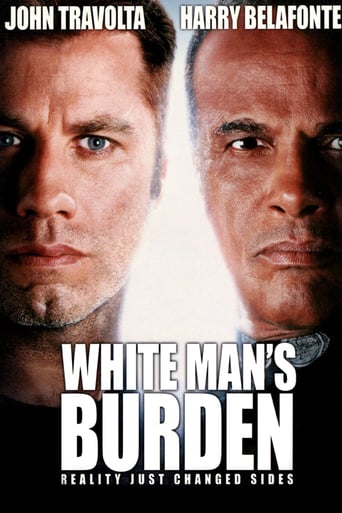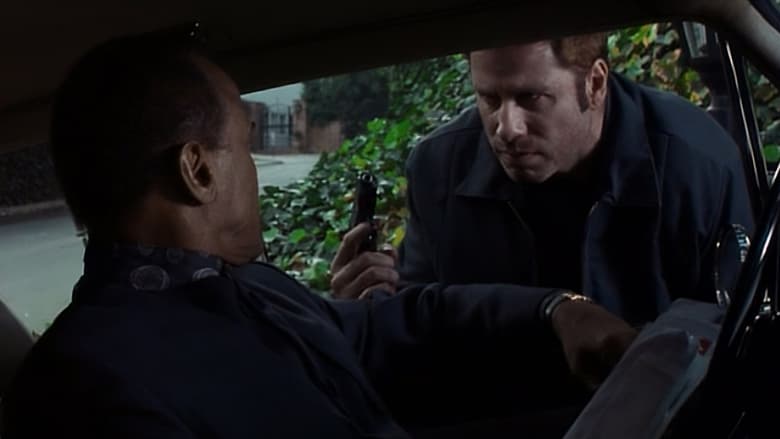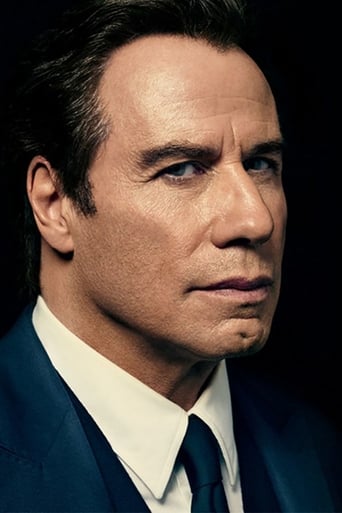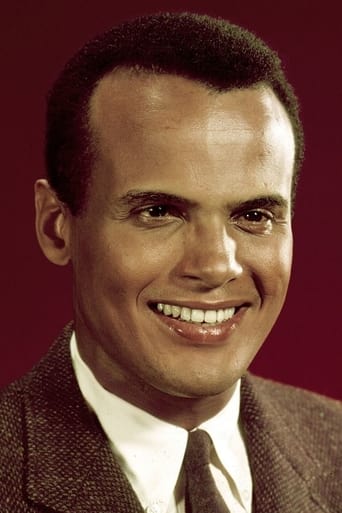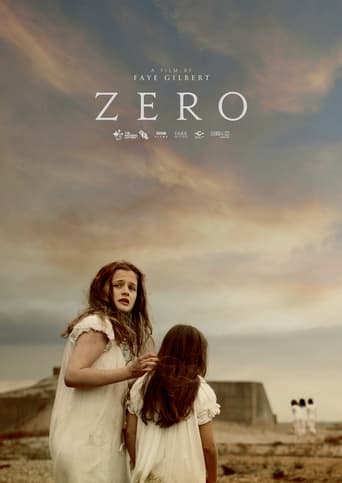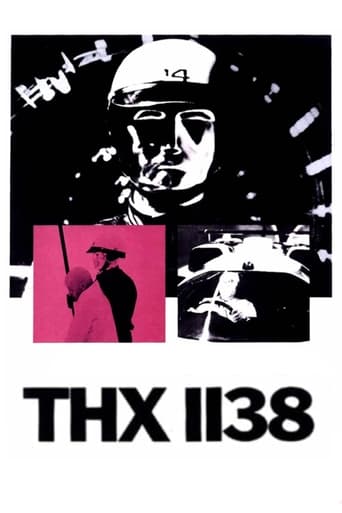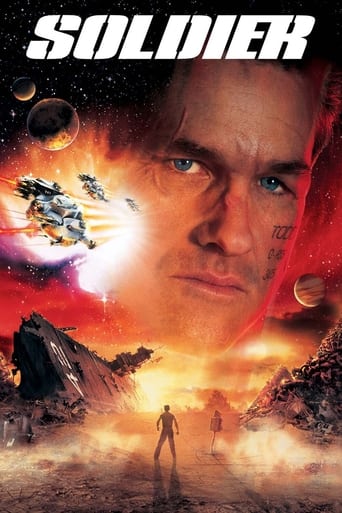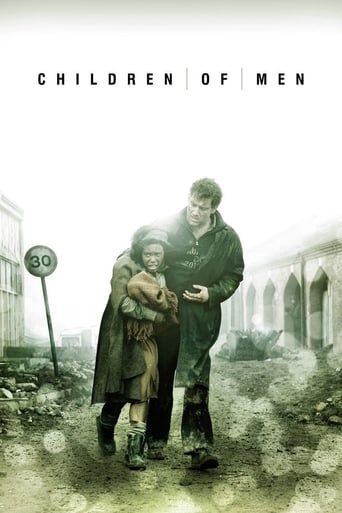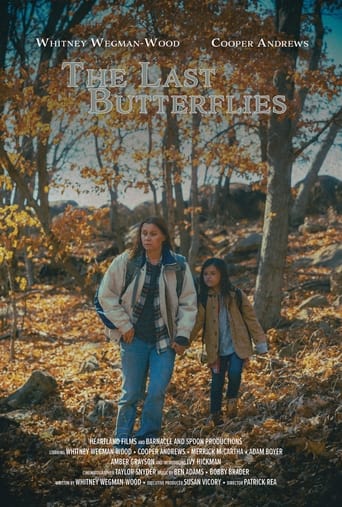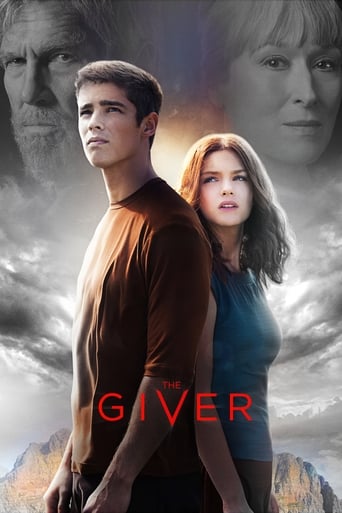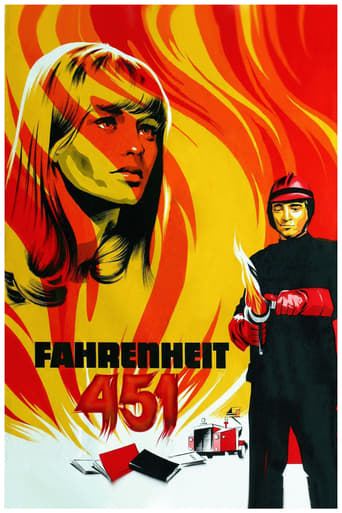White Man's Burden (1995)
The story takes place in alternative America where the blacks are members of social elite, and whites are inhabitants of inner city ghettos. Louis Pinnock is a white worker in a chocolate factory, loving husband and father of two children. While delivering a package for black CEO Thaddeus Thomas, he is mistaken for a voyeur and, as a result, loses his job, gets beaten by black cops and his family gets evicted from their home. Desperate Pinnock takes a gun and kidnaps Thomas, demanding justice.
Watch Trailer
Free Trial Channels
Cast


Similar titles
Reviews
One of the best films i have seen
Excellent, smart action film.
a film so unique, intoxicating and bizarre that it not only demands another viewing, but is also forgivable as a satirical comedy where the jokes eventually take the back seat.
Excellent characters with emotional depth. My wife, daughter and granddaughter all enjoyed it...and me, too! Very good movie! You won't be disappointed.
White Man's Burden (1995) ** (out of 4)WHITE MAN'S BURDEN tries to tell a social story dealing in an alternate universe where America has black people at the top of the economic chain and whites are the poorly class. Factory worker Louis (John Travolta) is charged with a crime he didn't commit, he loses his home and job and finally snaps to the point where he decides to take his boss (Harry Belafonte) hostage and seek justice.WHITE MAN'S BURDEN, I think, has its heart in the right place. I guess the filmmakers thought that white people just couldn't understand the social injustices that are happening across America so they thought it would be a good idea to make a movie and reverse the race roles. This was a rather good idea and I think everyone had their hearts in the right place but the end result is a real letdown.The biggest problem with this movie is its rather stupid screenplay, which seems to think that the viewers aren't all that bright and that this role reversal thing will be all it takes to change people's minds on various social issues. THe problem with this movie is that the set-up just isn't all that good and to this day I still remember the various laughs that the film got in the theater as most people just weren't buying it.The screenplay asks a lot of challenging quetions about race, social justice and various other things but we're given no answers, which makes the entire film seems kind of pointless. You have the role switch yet nothing much is ever done with it. It's really too bad that the film just didn't pack much of a punch because both Travolta and Belafonte are quite good in their roles.As it stands, WHITE MAN'S BURDEN tries to have an "A" message but the entire film seems like a "B" movie from the 1970's when blaxploitation was a big craze. The film probably would have played even better back then as more laughs would have gone for, which would have taken away some of the unintentional ones that are here.
This is an exceptional and courageous movie which risks offending the majority of the potential audience. The premise is completely straightforward: black people's lives are played by whites, white people's lives are played by blacks. It is otherwise an entirely ordinary kind of drama: A hard working honest blue collar family man, John Travolta, is struggling to support his wife and two children. He happens to inadvertently offend a very wealthy man (Harry Belafonte) with the power to have him instantly dismissed. What follows is a believable catastrophe that might befall a black family. The whites played by blacks) talk as whites tend to do. The blacks (played by whites) behave and are treated as blacks tend to be.What makes the movie stand out is that a white audience could easily watch - not callously but simply as a believable example of the way a black family might get treated. However the fact that the family is played by whites gives the white viewer the instinctive sense that they are being exceptionally roughly treated - that there is something not at all nice going on.If, as surely is the case a white audience feels instinctive revulsion at the harsh treatment of the white family then only one thing follows. That is the uncomfortable realisation that there are dual standards when it comes to race. "White guilt" does not come into it. It is a very rare movie indeed which puts an audience in that very uncomfortable position. Each (white) audience member is thus forced to come to terms with their feeling of discomfort either by acceptance - or some kind of more or less elaborate strategy of denial.It is on the surface a completely uncomplicated and even obvious film (as is its message). Yet the strange misunderstandings seen in the reviews attest to the unpalatability of its message. Even the UK's leading liberal newspaper review gave it the following oddly flat and neutral review which makes no mention of the movie's entire reason for being: "Drama set in an alternative America where black people are members of an elite society and their white counterparts inhabit inner-city ghettos. John Travolta stars as a lowly factory worker who is mistaken for a peeping Tom and beaten by cops, leading him to kidnap a prominent black businessman and demand justice." It does not make saints of an entire race - indeed Travolta's struggle to bring up his family is made more difficult by the drug-dealing (whites playing blacks) low-lifes who are his neighbours. Just that the central character is a good man who only comes to public attention when for the first time in his blameless life he is driven off the rails. Although set in the USA it could have been set in the UK but with a less extreme storyline. The British newspaper review hints that it would also produce discomfort - and denial - there also.
I really wanted to enjoy this one. I totally respect John Travolta as an actor, but this movie overall was a failure. The only interesting thing I could find about this movie was the turning around of society and putting white people in the streets and in poverty, while black people are the high class, owners and politicians. It's definitely a decent idea for a movie, but you need more than an idea to pull a decent movie off. First of all, was John Travolta trying to sound like some sort of gangster? He didn't sell me at all on his thug act when trying to sound tough. This movie never really picks up out if it's own ideas, and never builds any form of character. It just stays immersed in trying to make it's political statement and keep on base with its agenda. I want to watch a great movie, not one that pushes its politics into my brain. Harry Belafonte didn't impress me much anyways and his performance seemed so dead that he wasn't pleasant to watch at all. I think he was just in this movie because it had a political statement to yell and he's one for yelling those. Nice try boys, but no dice! 4/10
I expected good things from this film as I tend to admire directors and screenwriters who take a visually arresting premise and manipulate it in order to prompt self reflection in the audience (The Elephant Man for example). In addition, I am a big fan of Travolta and the role seemed an artistically sound one for him to undertake. Initially, the widespread symbolism is interesting and inventive, yet becomes overbearing relatively quickly, and to me it seemed that the director underestimated his audience's perception and continually rammed home his point with the subtlety of Dolph Lundgren.The film ultimately left me frustrated because I thought the idea was a good one but the story simply wasn't multi-faceted enough to be engaging. Aside from the characters played by Travolta and Belafonte, most of the supporting cast was very underwritten, particularly the families of both men. However, the performances were very good, and I thought Belafonte conveyed the defeatism and inherent arrogance of his role particularly well.Overall though, I thought this was pseudo-art: it masqueraded as a deep and meaningful examination of the social relevance of race, but ended up as a very simplistic story disguised by delusions of self worth.5/10

